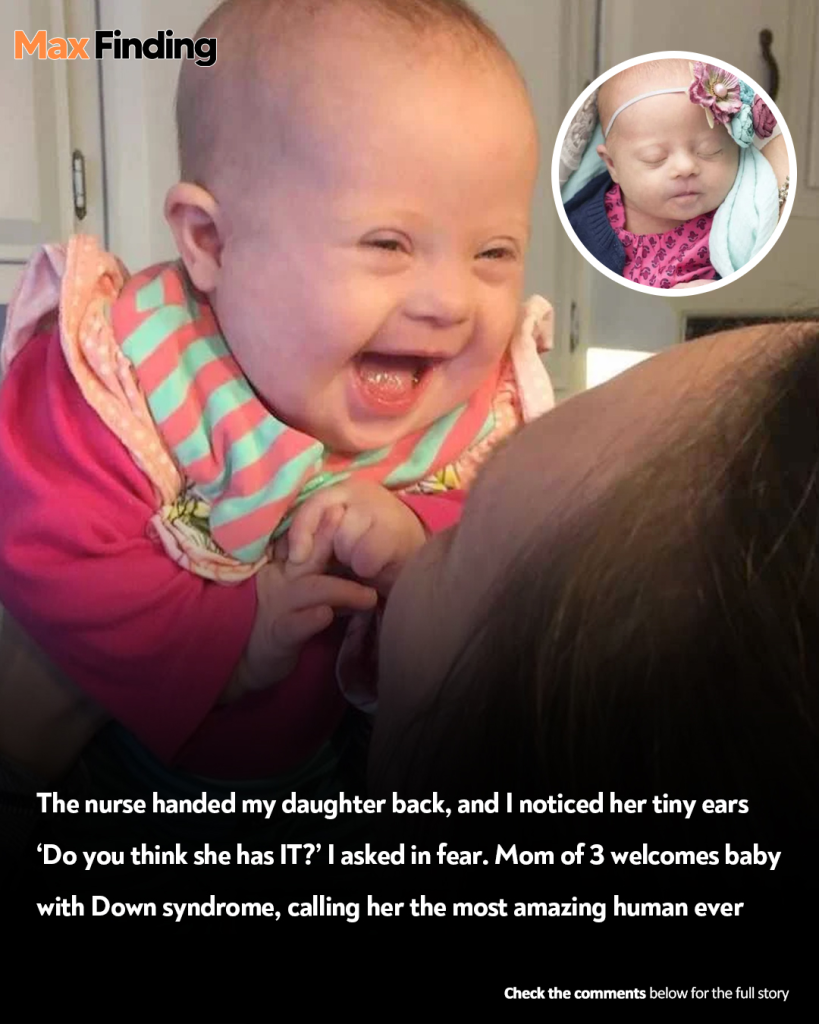The initial moments after her son’s birth were a blur of profound relief and overwhelming love. For Sarah, a seasoned mother of two energetic daughters, welcoming a third child was a familiar, cherished experience. She cradled the tiny, warm body against her chest, memorizing every perfect detail: the soft tuft of dark hair, the impossibly small fingers curled around her own, the peaceful rhythm of his breathing. He was everything she had dreamed of. After a few precious minutes of bonding, a smiling nurse gently took the baby to the nursery for a standard bath and vitals check, promising his swift return.
Sarah settled back against the pillows, a contented sigh escaping her lips. Her husband, Mark, sat by her side, his face a mixture of pride and exhaustion. They talked in hushed, happy tones, imagining their daughters meeting their new baby brother. The minutes stretched on, and the quiet anticipation in the room was a peaceful balm after the intensity of labor.
Finally, the same nurse bustled back in, a neatly swaddled bundle in her arms. “Here he is, safe and sound and all cleaned up,” she said cheerfully, placing the baby back into Sarah’s waiting arms. Sarah smiled, her heart ready to overflow with another wave of maternal affection. But as she looked down, a strange and immediate sense of dissonance washed over her.

She blinked, trying to clear her head. It was the same blue hospital-issued blanket, the same tiny white cap. But something was off. A flicker of unease, sharp and unwelcome, pierced through her postpartum haze. The baby’s face… it seemed different. The shape of his eyes, the curve of his upper lip—it wasn’t quite what she remembered.
“He looks a little different now that he’s cleaned up,” she murmured, more to herself than to anyone else.
Mark leaned in for a closer look. “He looks perfect, honey. You’re probably just exhausted.”
Sarah tried to accept his logic. Of course, she was tired. And newborns could look different from one hour to the next. She pushed the feeling down, chiding herself for being paranoid. She cuddled the baby, she hummed a lullaby, she tried to force the connection to reignite. But the nagging doubt was a persistent whisper in the back of her mind. It felt like holding a stranger’s baby.
Throughout the rest of the day, she couldn’t shake the feeling. Every time a new nurse came in, Sarah would search their face for any sign that something was amiss. She unwrapped the baby’s blanket countless times, studying his features until they blurred together. Mark’s reassurances began to sound more like attempts to placate a slightly delirious wife. “Sarah, he’s beautiful. It’s our son. Please, get some rest.”
But a mother’s intuition is a formidable force. It’s a deep, primal knowledge that transcends logic and fatigue. By the next morning, Sarah’s quiet unease had grown into a full-blown conviction. This was not her child.
With a trembling voice, she called the head nurse into her room and, ignoring the patronizing glances, insisted they check the baby’s identification bracelet against her own. She explained, her voice gaining strength with every word, that she was a mother of three and she knew something was wrong. She remembered a tiny, almost invisible birthmark on her son’s shoulder, a detail she hadn’t mentioned to anyone. This baby didn’t have it.
A wave of panic finally washed over the nursing staff. A frantic search was initiated. Hospital administrators were summoned. And then came the devastating, heart-stopping confirmation. There had been a mix-up. Another baby boy, born just minutes after hers, had been brought to her room by mistake.
Her biological son was in the room down the hall, in the arms of another woman who, consumed by her own joy, had not noticed the switch. The discovery sent shockwaves through the maternity ward, unraveling the bliss of two families and replacing it with a complex and terrifying reality. While the mistake was rectified, and Sarah was finally reunited with her son, the emotional and psychological fallout had just begun. The joy was now tainted with the chilling “what if”—what if she hadn’t trusted that deep, unexplainable feeling that something was profoundly wrong? It was a question that would haunt her, and a story that served as a stark reminder of the power of a mother’s instinct.